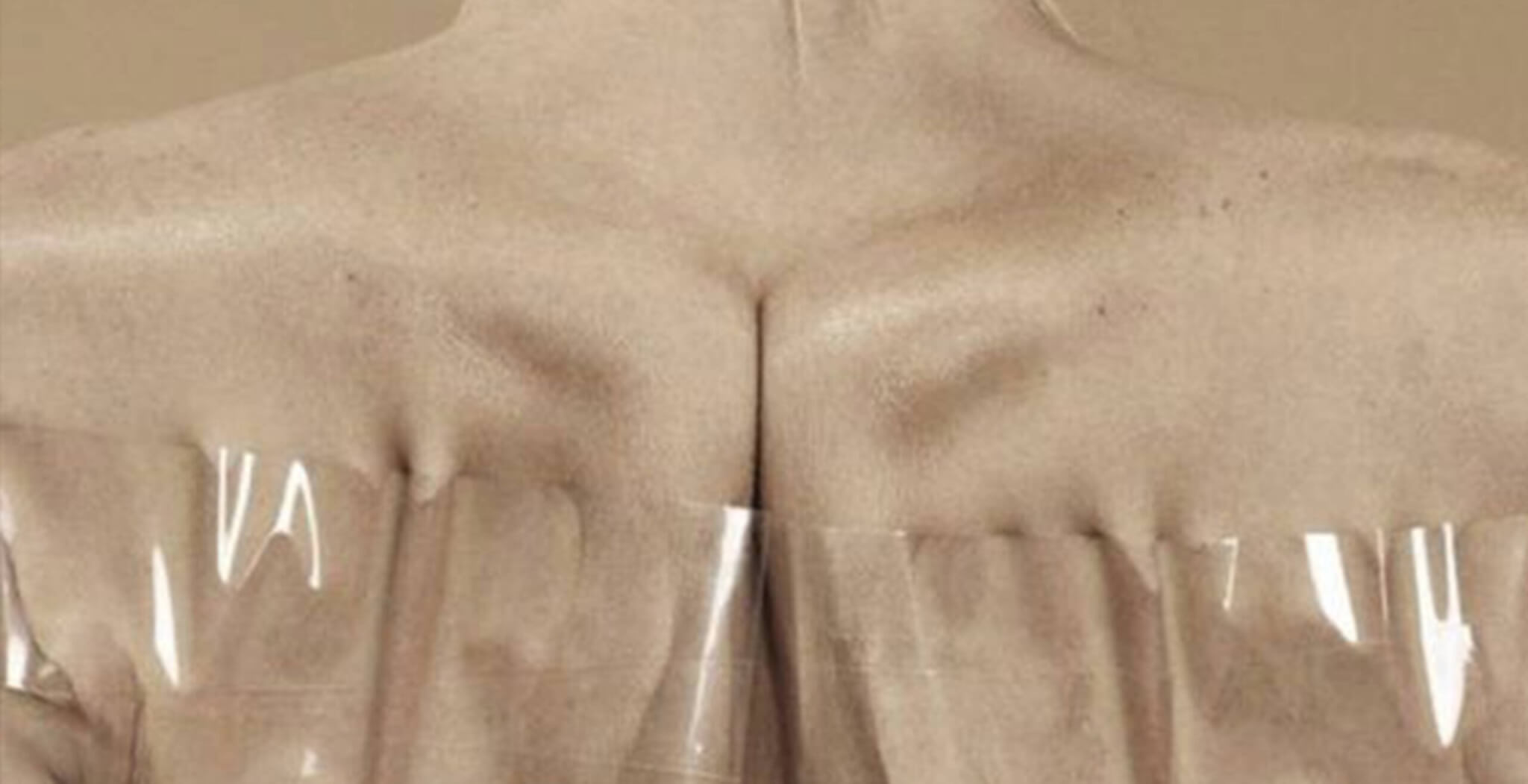By now, I’m sure you, your parents, and your grandparents know about UGG Boots. Whether you love them and own a pair yourself, or hate them and never laid a finger on one, we are all aware of the boots’ widespread fame. However, until recent years, nobody knew about the ‘Ugg’ story and the difference in the shoes. A story that is important to tell and involves drama, intrigue, corporate greed, and cultural extortion.
What does ‘ugg’ mean? First and foremost, it is important to know the origin of the actual word itself. The terms ‘ugg’, ‘ugh’, or ‘ug’ are all widely used in Australia as a generic term for sheepskin boots. Many companies and brands have used the word in their title since the invention of the boot in the 1930s. The boots were popularized by surfers in Australia around the 50s and 60s. Their purpose was to keep surfers’ feet warm during their morning trips to the waterfront. In 1974, the family-owned business “UGG Since 1974” streamlined the boots for a larger audience.
In the 80s, Australian Brian Smith made his way to California and started selling the infamous ugg boots there. He was not the first to sell these boots overseas and not the only business to have the ugg term in his branding. Yet he was the first to trademark “UGG Australia” in the US. After the popularity of the boot grew and several American companies started selling their own version of the Australian sheepskin boot, dupes if you may. Multimillion dollar company Deckers Outdoor Corporation decided to buy the trademark from Brian Smith in 1995. Deckers bought Smith’s company for 14.6 Million dollars. From that day forward, the “UGG Australia” belonged to the US Company, who today makes billions of dollars from the Australian sheepskin boots.
Meanwhile, in Australia, the ‘ugg’ boots are sold by a variety of companies symbolizing a staple in Aussie culture. “UGG Since 1974” was founded by Arthur and Faye Springthorpe, “a young Sydney couple who knew a thing or two about sheepskin and the ugg boot trade.” Since then, the brand makes sustainable, ethically made ugg boots. They have about 40 employees overall and oversee each and every pair of boots made in their warehouse.
“Unlike other retailers or apparel brands that may operate “ethically” offshore via a third party manufacturer, we are proud to take full responsibility for the working conditions of our own staff on our own shores.” Read their story here, I promise you it’s worth a read.
Fast forward to 2016, Deckers sued “UGG Since 1974” for the trademark of the name ‘ugg’. This started a long and brutal legal battle between a multibillion dollar corporation and a small family owned business. You can take a guess at who won this lawsuit…
Current owner Eddie Oygur sold 14 pairs of uggs on the “UGG Since 1974” website outside of Australia. Deckers then took him to court for trademark infringement. The US court ruled in favor of Deckers claiming that even though the word “ugg” is a generic term in Australia, it means nothing to Americans. Therefore, the word officially belongs to Deckers Outdoor Corporation in the 130 countries where they purchased the trademark. Oygur tried to take the case to the Supreme Court: “This is not just about me; it is about Australia taking back ‘ugg.’” The court ruling remained the same and Oygur paid a $450,000 fine for selling less than 20 boots internationally with the name ‘ugg’ on them. He mortgaged his house to pay off the legal fees that this decade-long lawsuit accumulated.
Today, “UGG Since 1974” lost their ‘ugg’. If you buy their boots from overseas, you will receive shoes with a label indicating only “Since 1974”. Within Australia and New Zealand, they remain “UGG Since 1974” as the Australian court recognized the popular term as a generic Aussie word used and trademarked by many.
Deckers shamelessly doubled down on their culture-vulture ways and publicly announced their ignorance regarding the word and its history. To them, they are the word ‘ugg’. If you take anything from this article today, it is that the uggs you know and love are not the original uggs, they are a symbol of corporate greed and cultural extortion.
Before you take out your pitchforks and attack “UGG Australia” shoppers, give them a chance to read up on the history of what they’re buying. Personally, my next pair will be “Since 1974”. And if you wear uggs, I would recommend buying their product instead as well.
“If you’ve taken an interest in the Australian ugg sheepskin boot story, we’re so grateful for the support. Remember, we’re not just any UGG company, we’re UGG Since 1974.”




























